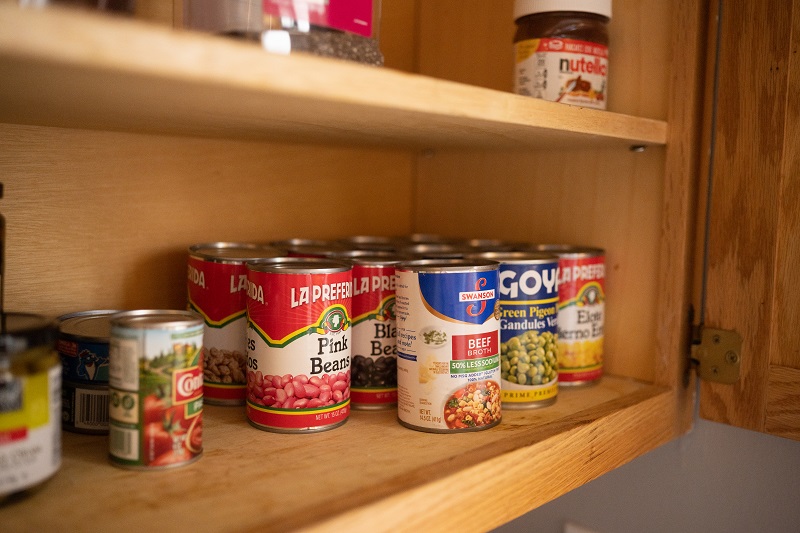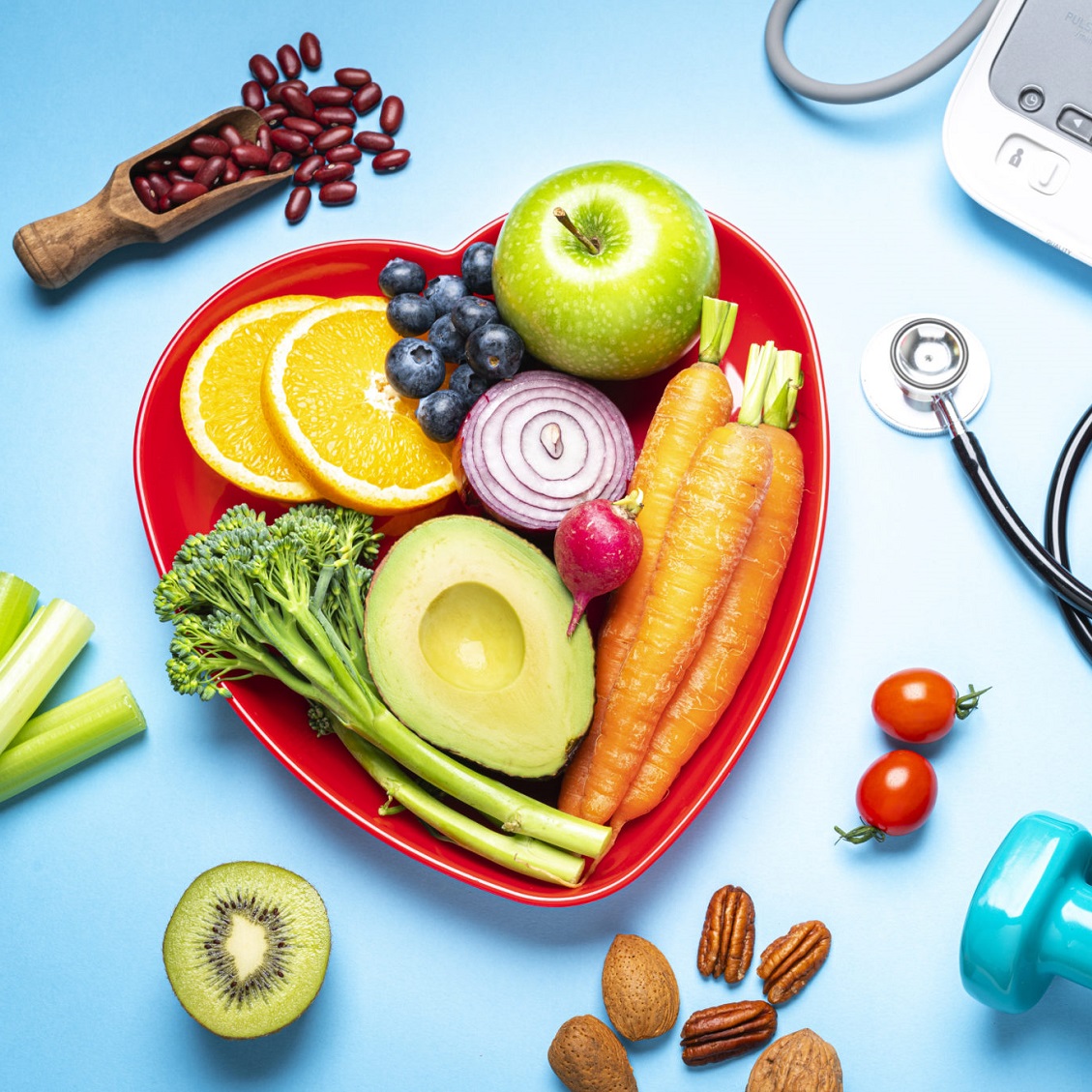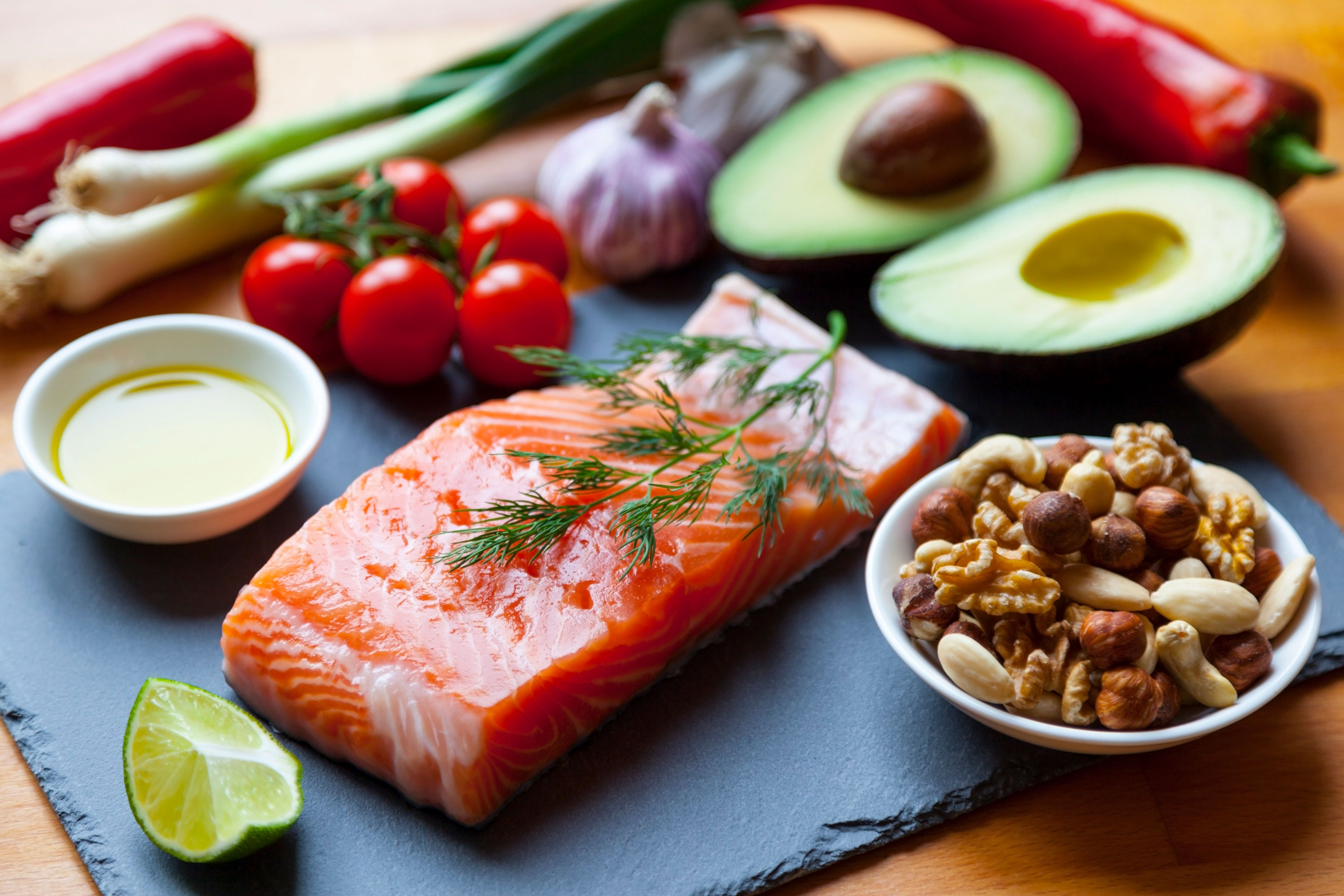

Convenient and cost effective – canned foods are a staple in many kitchens, but are they healthy?
Registered dietician, Taura Mauro, discusses the nutritional value of canned foods and what to look out for when purchasing.
Are canned foods healthy?
“Yes, canned foods definitely can be healthy and a great way to get key nutrients, just be mindful to read the nutrition fact labels,” says Tara. “We’re mainly looking out for extra sodium and added sugars.”
Be Mindful of Salt and Sugar Preservatives
“When foods are canned, many use some kind of salt or sugar to act as a preservative,” shares Tara.
When shopping, look for terms like:
- Sodium free, low sodium or no salt added for vegetables and beans
- Canned in water, canned in it’s own juices, or no sugar added for fruits
Read nutrition labels and keep an eye on sodium and sugar levels. Here are some key terms to understand:
- Daily Values – The FDA has provided guidelines on how many servings of various nutrients you should have in a day.
- There are certain nutrients you should have more of in your diet like vitamins and minerals. There are also nutrients that you should have less of, like added sugars and sodium.
- There are certain nutrients you should have more of in your diet like vitamins and minerals. There are also nutrients that you should have less of, like added sugars and sodium.
- Added sugars – These are sugars that are added in during processing or packaging. These are not the natural sugars found in a food.
- The Daily Value for “added sugars” is 50 grams per day, based on a 2,000 calorie diet.
- Diets that are high in added sugars can lead to weight gain or obesity, type 2 diabetes and heart disease.
- Sodium – Sodium is a mineral, and one of the chemical elements found in salt.
- High sodium intake has been linked to an increased risk of high blood pressure, heart attack, heart failure and stroke.
“Most Americans are consuming double the amount of sodium we should be consuming in a day – this negatively impacts many aspects of your health, especially heart health and blood pressure,” shares Tara.

“Some fruits are canned in heavy syrups or in a fruit cocktail form, and these are loaded with added sugars,” warns Tara.
“Ahead of Thanksgiving, remember this – a popular brand name cranberry sauce has 24 grams of added sugar per quarter cup serving, that’s half of what you should have for the whole day,” says Tara. “It’s so important to read the labels, half your sugar intake should not come from one dish.”

Are canned foods as healthy as fresh foods?
Canned foods are typically picked at peak ripeness and canned right away, similar to frozen foods.
Canned foods will have most of the nutrients that fresh foods have. However, after the foods are canned and sealed, they are heated. This heating process can either increase or decrease some vitamin levels.
“The heating process can remove some of the water soluble vitamins, like C and B. However, on the flip side, the heating can actually increase other vitamins and substances,” shares Tara.
“For example, canned tomatoes have higher amounts of lycopene, than fresh tomatoes. The heating process can change and increase the antioxidant – it’s a similar concept as to how cooking can modify the nutrients of foods. Certain vegetables may have higher vitamin contents while cooked and vice versa,” Tara says.
Next Steps & Resources:
- Meet our source: Tara Mauro, MS, RDN
- To make an appointment with a doctor near you, call 800-822-8905 or visit our website.
Find a doctor near me

5 Guidelines for Healthy Living After a Heart Attack

Recipe: Whole Grain Jalapeño Cheddar Cornbread

Is It a Heart Attack or Just Heartburn?
